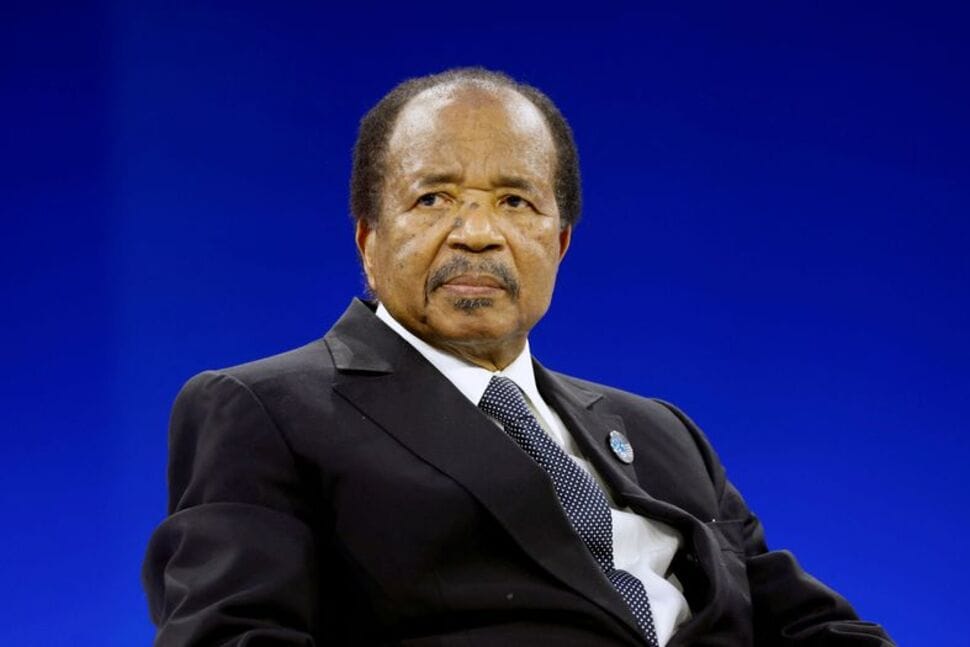Cameroon will head to the polls on October 12 for its next presidential election, as announced by a decree signed by President Paul Biya on Friday.
The election will determine the future leadership of the Central African country, home to nearly 30 million people and rich in cocoa and oil resources. According to the electoral law, presidential hopefuls must submit their candidacies within 10 days following the convening of the electoral college.
At 92 years old, Biya is currently the oldest sitting head of state globally and has led Cameroon since 1982. He has not yet confirmed whether he will run for another seven-year term. A 2008 constitutional amendment removed term limits, allowing him to seek re-election indefinitely.
The 2018 election, which saw Biya claim victory with over 70% of the vote, was overshadowed by widespread allegations of irregularities and a low voter turnout, particularly in regions affected by separatist unrest and militant violence.
Biya’s long absence from public view and frequent overseas medical trips have fueled speculation about his health, including false reports of his death last year, which were later denied by the government.
One of the key opposition figures, Maurice Kamto, continues to campaign actively despite frequent police restrictions. In a recent episode, security forces reportedly surrounded his party’s headquarters in Douala, blocking a planned series of rallies shortly after his return from Europe.
This election may present a pivotal moment for Cameroon, a country that has only had two presidents since gaining independence—each representing different regions and religious communities: one from the Muslim north, the other from the Christian south.



